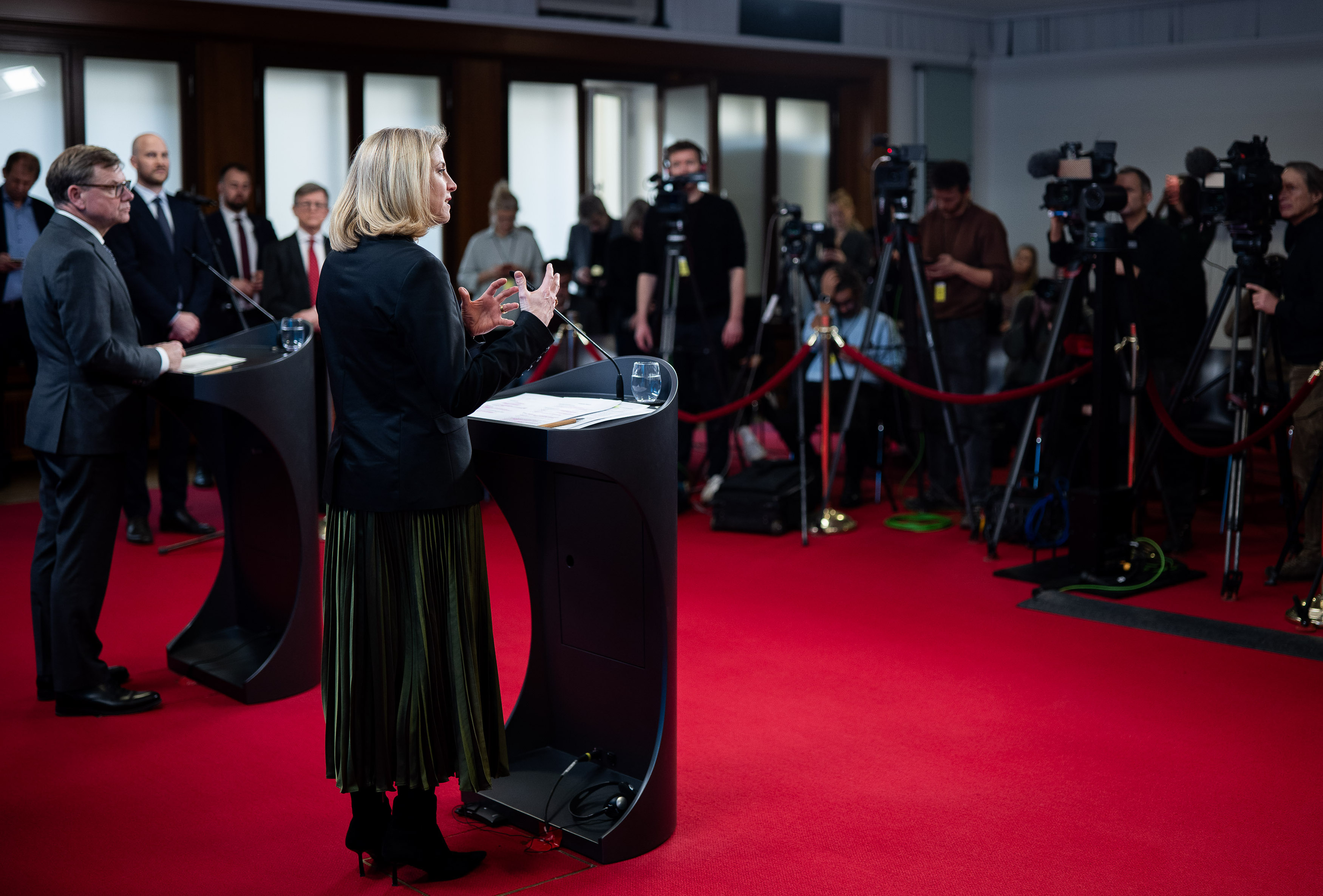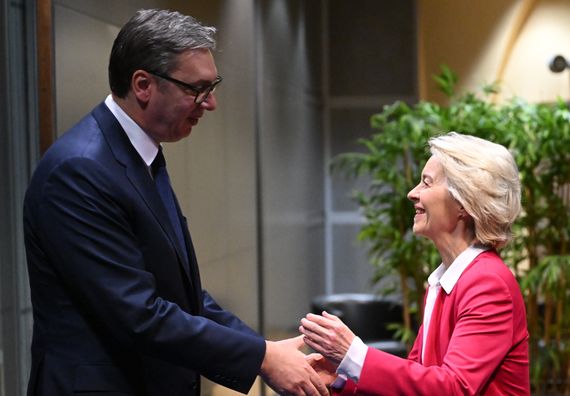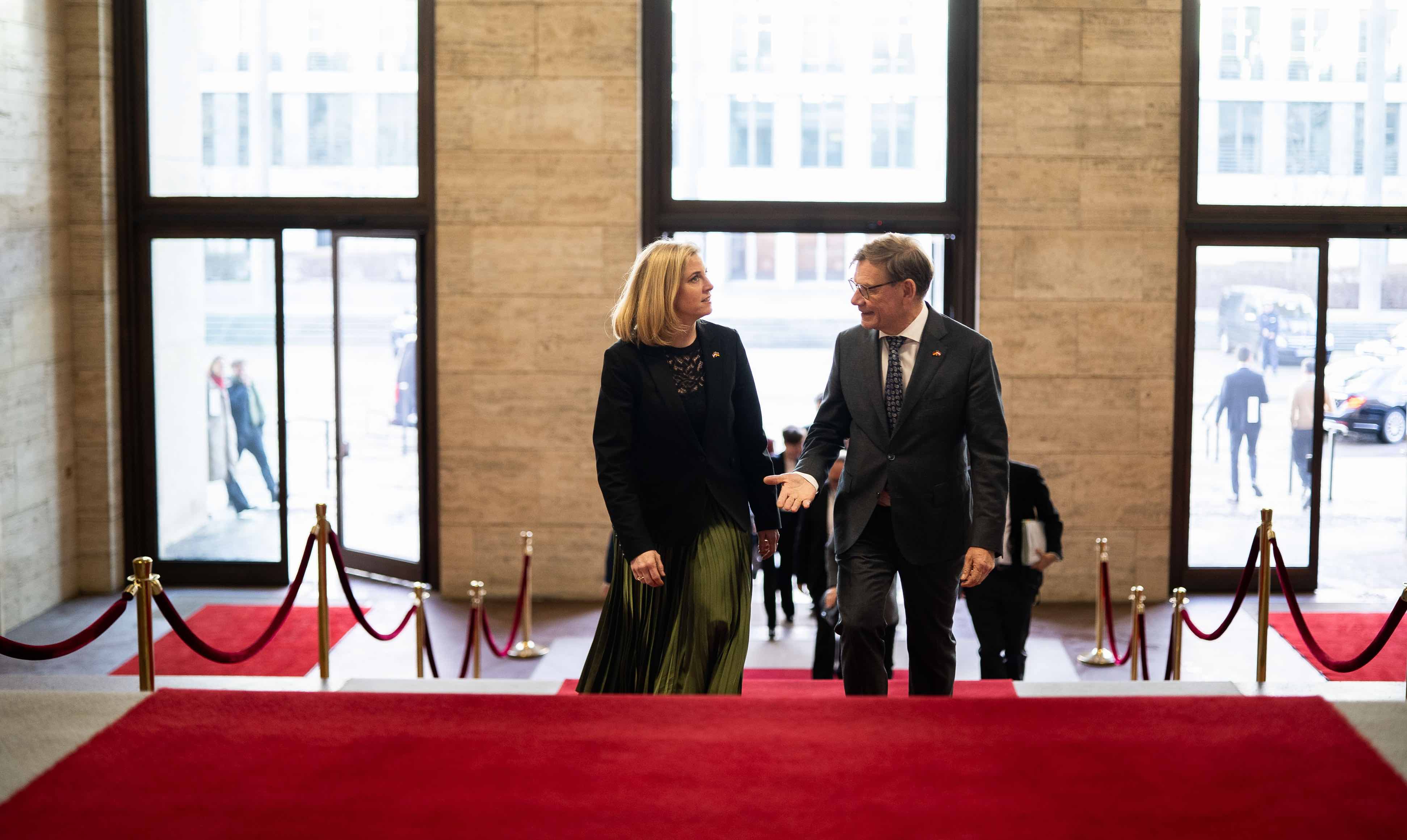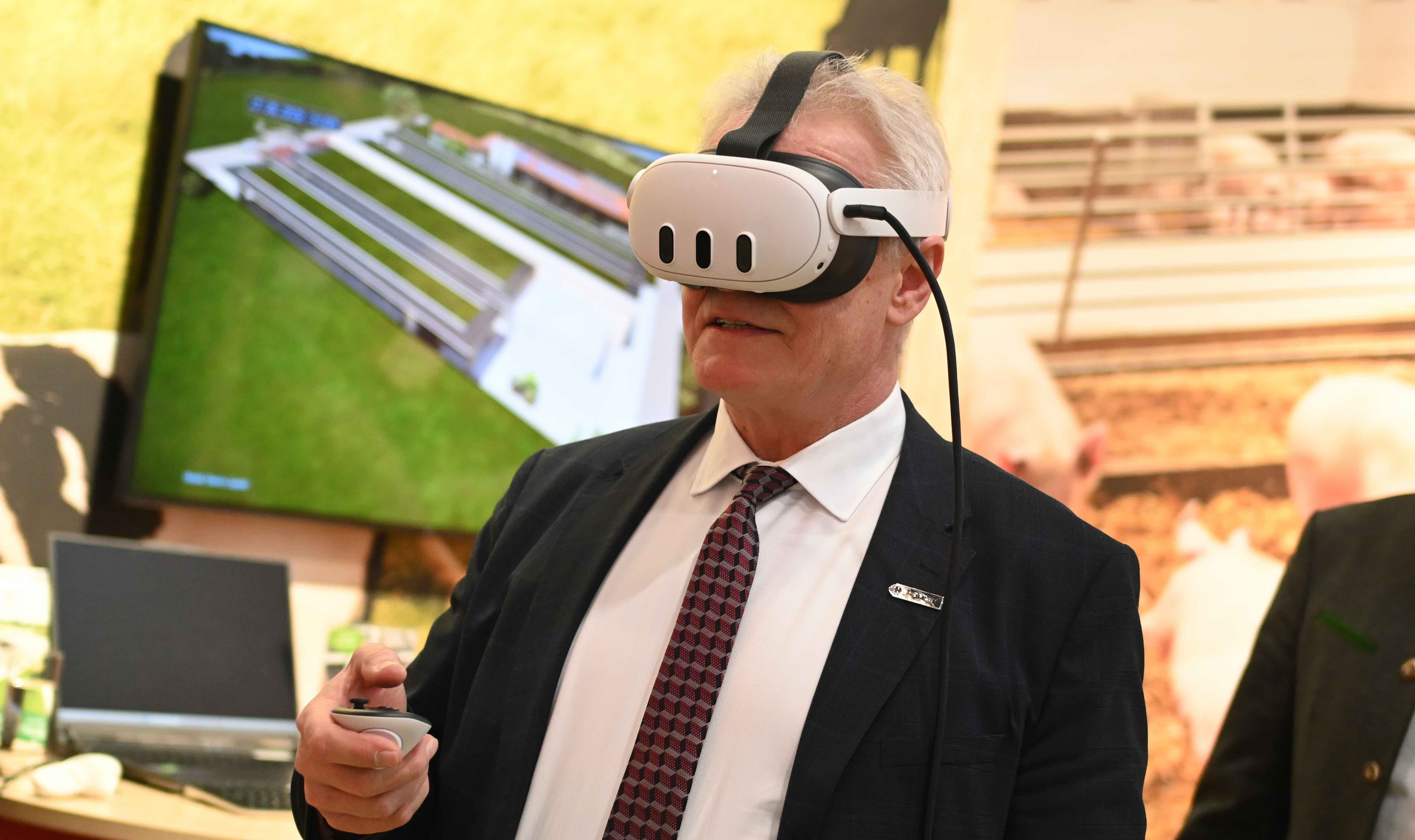diplo.news
Dreamer versus Machiavellian
Column by Michael Backfisch
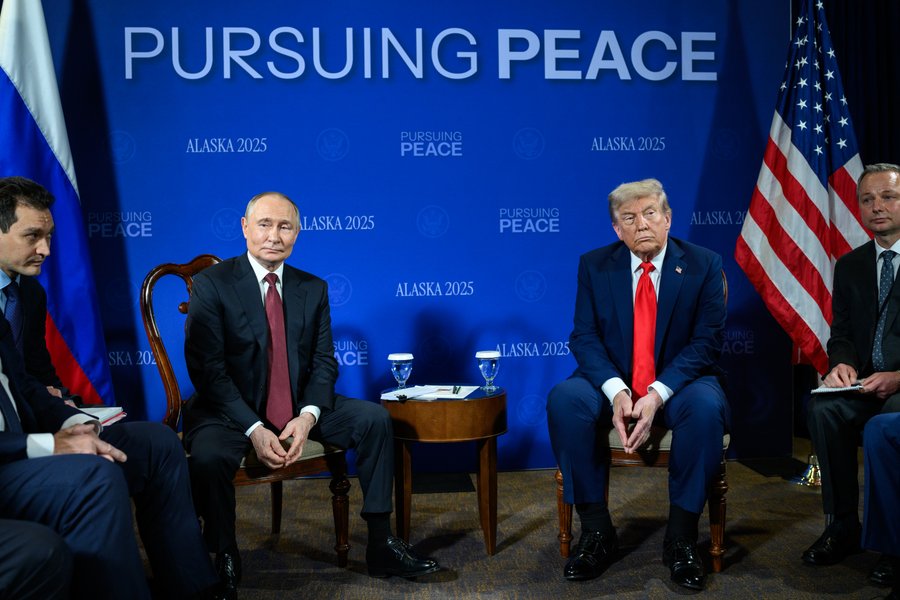
There hasn't been so much optimism about a possible end to the Ukraine war in a long time. The friendly pictures from the American-European summit in Washington went around the world. US President Donald Trump appeared cheerful. He put his hand on the shoulder of Ukrainian head of state Volodymyr Zelensky and patted him. European heads of state and government, as well as EU and NATO leaders, showered Trump with gratitude and flattery, which he acknowledged with a gracious smile. A chain of Trump sympathisers, a summit of harmony.
“That was the best of our meetings,” Zelensky praised his conversation with Trump. Federal Chancellor Friedrich Merz also blew the fanfare of hope: “My expectations were actually not only met, but exceeded.” One had the impression that the cloak of history had blown through the White House. Trump promoted this perception by promptly spreading the narrative that there was a new diplomatic dynamic in the conflict between Russia and Ukraine. As proof of this, he presented the commitment of Russian President Vladimir Putin to first hold a two-party summit with Zelensky and then a three-way summit with Trump. They should be cornerstones of a “mission peace agreement” à la Trump.
But beware! The US president comes from the world of TV entertainment: He trusts in the power of images; facts and details are a horror to him. Trump is also a master of self-presentation. He sees himself as a great world leader who can end wars. And he harbours the childish dream of winning the Nobel Peace Prize. The problem, however, is that, despite the summits in Alaska and Washington, crucial issues remain unresolved. It is therefore highly likely that Trump's vision of bringing peace to the war in Ukraine will turn out to be an illusion that collapses like a house of cards.
The summit between Putin and Zelensky announced with great fanfare by Trump is already shaking. According to press reports, during a telephone conversation with Trump, the Kremlin leader suggested Moscow as the location of the meeting. A trap! Putin is well aware that the Ukrainian president, whom the Russian secret service had tried to kill several times, cannot accept this offer. Zelensky must reject this. Putin can then pass the buck to him and say to Trump: “He doesn't want to.” With the calculation that Trump will continue to increase pressure on Zelensky.
Added to this are the disinformation manoeuvres of the smoke screen throwers in Moscow. There is suddenly no longer any talk of a meeting between Putin and Zelensky. Putin's foreign policy advisor Yuri Ushakov stated that they are “considering” increasing the rank of representatives for direct negotiations with the Ukrainians. Foreign Minister Sergey Lavrov stressed that any meeting between Putin and Zelensky must be “prepared extremely carefully, step by step, starting at expert level and then going through all necessary stages.” The delaying tactic is aimed to wear Zelensky down until he meets Putin's maximum requirements. Russia is apparently responding to Trump's diplomacy scenario, but wants to buy time. The military momentum is on Moscow's side: Every square kilometer of conquered territory improves its own negotiating position and undermines the Ukrainians' will to resist.
Western security guarantees are the most strategically important point for a peace agreement. There are half-hearted promises here, but nothing that would really scare Putin off. Trump ruled out sending American troops to Ukraine. US support from the air is possible, he added. However, it is unclear whether American jets are stationed locally or operate remotely. Germany, France and the United Kingdom would send troops to Ukraine, announced the US president. But there is also a huge problem here. First, the Bundeswehr has staff shortages. Second, any deployment in Ukraine must be approved by the Bundestag, which would trigger major domestic political debates. The French and British had indeed brought into play the deployment of “reinsurance troops” following a ceasefire. But they should be stationed far behind the front line and are unlikely to have the necessary strength.
According to an analysis by Claudia Major and Aldo Kleemann, which they prepared for the Science and Policy Foundation (SWP), around 150,000 Western soldiers would be needed to credibly deter Russia. “A 'bluff and pray” approach that deploys too few troops and is essentially based on the hope that Russia will not test them would be negligent and increase the likelihood of war in Europe,” the security experts warn. An additional complication: The “Njet” specialists in Moscow have already blocked this option. The deployment of forces from NATO countries in Ukraine is not accepted and poses the risk of a major escalation, explained the Russian Foreign Ministry.
The issue of territorial assignments is another stumbling block. Putin is calling for Ukraine to withdraw from Donbass. The Russians have almost completely occupied the Luhansk region, while only around 75 percent of the Donetsk region. In return, the Kremlin leader has offered a ceasefire in the Zaporizhia and Kherson areas along the front line. Putin's offer is a “poison pill,” stresses Alexander Gabuev, director of the Berlin-based think tank Carnegie Russia Eurasia Center. Because the Donetsk region is home to major cities such as Sloviansk and Kramatorsk, which form a well-fortified defensive belt. There is open steppe land west of them. If Ukraine gave up Donetsk, Russia could push unhindered towards Kharkiv or Dnepropetrovsk if fighting resumed.
By demanding the surrender of Donetsk, Putin is causing Zelensky indissoluble trouble. If the Ukrainian rejects them, he risks Trump turning away from him or even cutting off the vital data from satellite reconnaissance and intelligence information. If he agrees, he gets into severe domestic turmoil that could cost him office. Many Ukrainians will then ask themselves whether the renunciation was worth the sacrifice of tens of thousands of deaths.
After the summits in Alaska and Washington, we must guard against euphoria. Two world views collide here: Trump is a dreamer who wields political fantasy and pressure against the weak. Former KGB officer Putin is a master of disguise and deception. He has seen through Trump's narcissism and operates with Machiavellian strategy. The destruction of sovereign Ukraine is part of the project of unhinging democratic Europe, at least significantly weakening it — including cyber attacks, disinformation campaigns and acts of sabotage. The West as we knew it is already dead. Putin is certain: time is on his side, especially with Trump as his accomplice.

